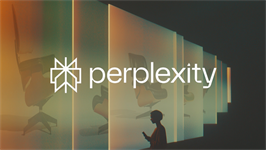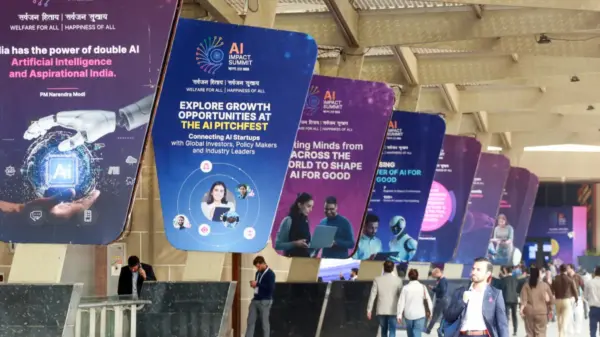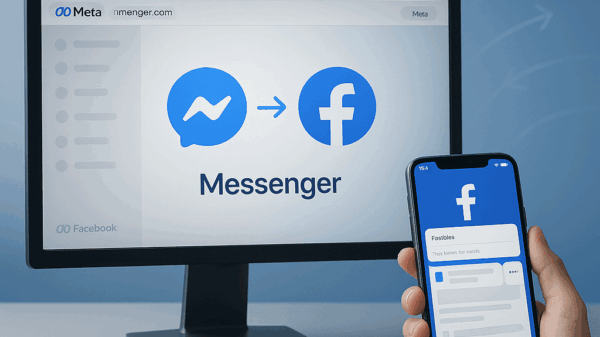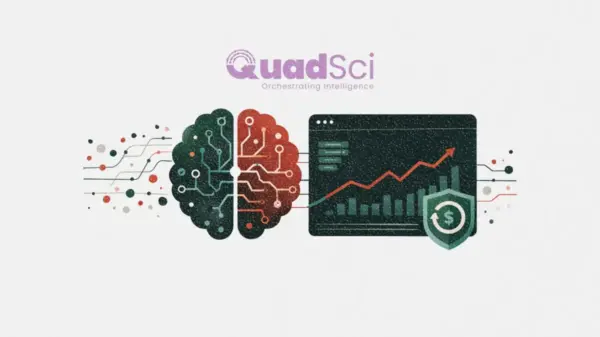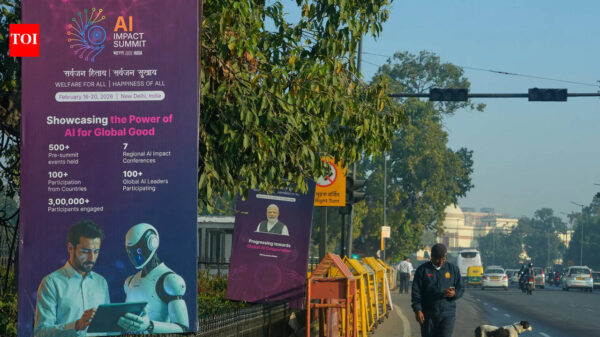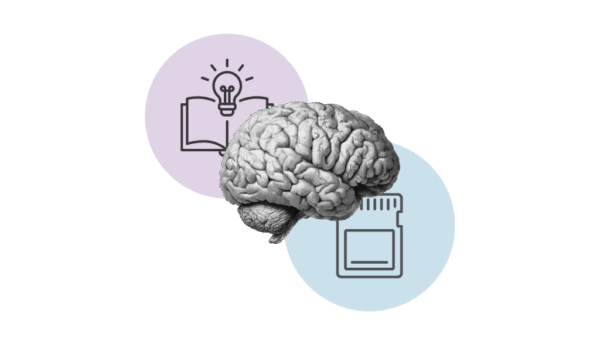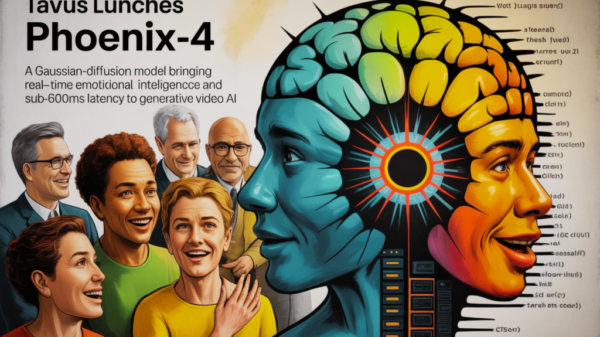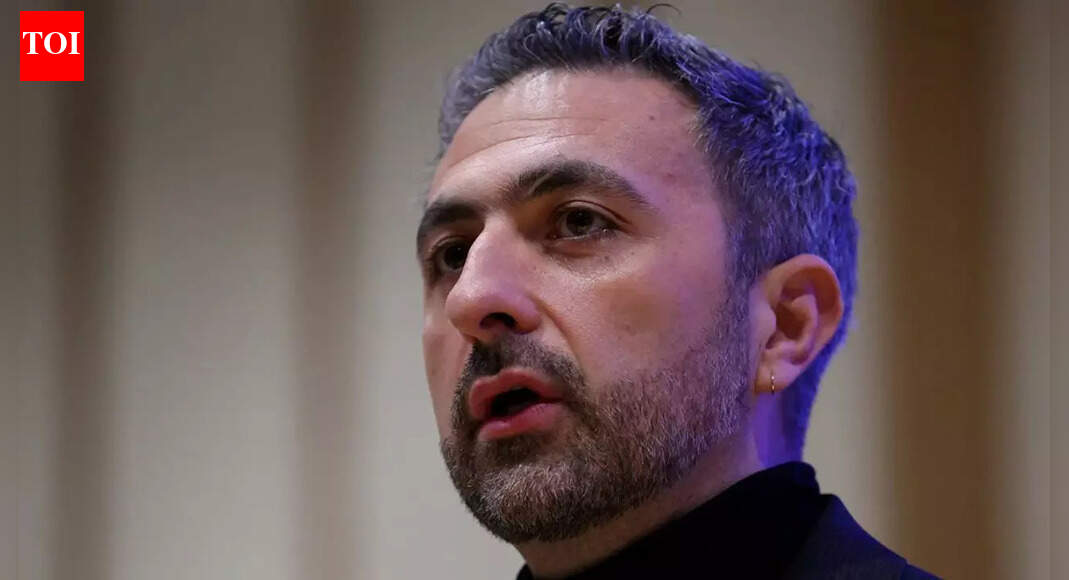Mustafa Suleyman, Microsoft’s AI CEO, has publicly defended the company’s advancements in artificial intelligence following a wave of criticism from users. In a viral post on social media, Suleyman expressed his disbelief at the perception that AI is “underwhelming.” This reaction came shortly after users criticized Microsoft’s integration of AI features like Copilot into Windows, arguing that these enhancements were introduced without resolving fundamental system issues or providing users with opt-out options. Suleyman stated, “Jeez, there are so many cynics! It cracks me up when I hear people call AI underwhelming.”
To underscore his point, Suleyman contrasted today’s AI capabilities—such as real-time conversations and on-demand media generation—with the mobile games of the 1990s. He reminisced, “I grew up playing Snake on a Nokia phone! The fact that people are unimpressed that we can have a fluent conversation with a super smart AI that can generate any image/video is mind-blowing to me.”
Backlash Against AI Implementation
Despite Suleyman’s optimistic outlook, the backlash against Microsoft has been significant. The post received over 500 critical responses, largely focused on complaints regarding the new “agentic AI” features in Windows. Critics have described these features as buggy, resource-intensive, and intrusive. Reports indicate that Copilot is struggling with a concerning accuracy rate of only 30%. Privacy concerns have also been raised, with users arguing that Microsoft prioritizes flashy AI implementations over addressing core operating system problems and respecting user choice.
Recently, Suleyman cautioned AI researchers against pursuing the concept of Artificial Superintelligence (ASI), labeling it as an “anti-goal.” ASI refers to a theoretical form of AI that possesses reasoning capabilities vastly superior to human levels. Speaking on the Silicon Valley Girl Podcast, Suleyman articulated his apprehensions regarding ASI, stating that such a vision “doesn’t feel like a positive vision of the future,” primarily due to the inherent risks of control. He noted, “It would be very hard to contain something like that or align it to our values.” Instead, Suleyman’s team is dedicated to building a “humanist superintelligence,” which focuses on supporting and enhancing human interests.
Implications for the AI Landscape
As the conversation around AI evolves, Suleyman’s insights reflect a broader concern within the industry regarding the balance between innovation and user trust. The criticisms aimed at Microsoft serve as a cautionary tale about the potential pitfalls of rapid AI deployment without adequate user consideration. The future of AI may hinge not only on technological advancements but also on how companies manage user expectations and address concerns regarding accuracy, privacy, and control.
In summary, while Suleyman’s defense of Microsoft’s AI advancements highlights the impressive capabilities of modern technology, it also underscores the need for a more cautious approach to AI integration. The push for seamless and intelligent features must be balanced with a commitment to user satisfaction and ethical considerations, ensuring that advancements in AI genuinely enhance human experience rather than complicate it.
See also Thumbprint Appoints Mark Hendrickson as Tech Director to Enhance AI-Driven Merchandise Solutions
Thumbprint Appoints Mark Hendrickson as Tech Director to Enhance AI-Driven Merchandise Solutions Swatch Launches AI-DADA Tool, Enables Custom Watches for $210 in Under 2 Minutes
Swatch Launches AI-DADA Tool, Enables Custom Watches for $210 in Under 2 Minutes AI Drives 48,000+ Job Cuts in 2023 as Firms Shift to Automation Strategies
AI Drives 48,000+ Job Cuts in 2023 as Firms Shift to Automation Strategies Trump Declares State AI Laws a ‘Disaster’ Amid Federal Regulation Uncertainty
Trump Declares State AI Laws a ‘Disaster’ Amid Federal Regulation Uncertainty Cars.com Reveals 97% of AI Users Say It Influences Car Purchase Decisions
Cars.com Reveals 97% of AI Users Say It Influences Car Purchase Decisions




